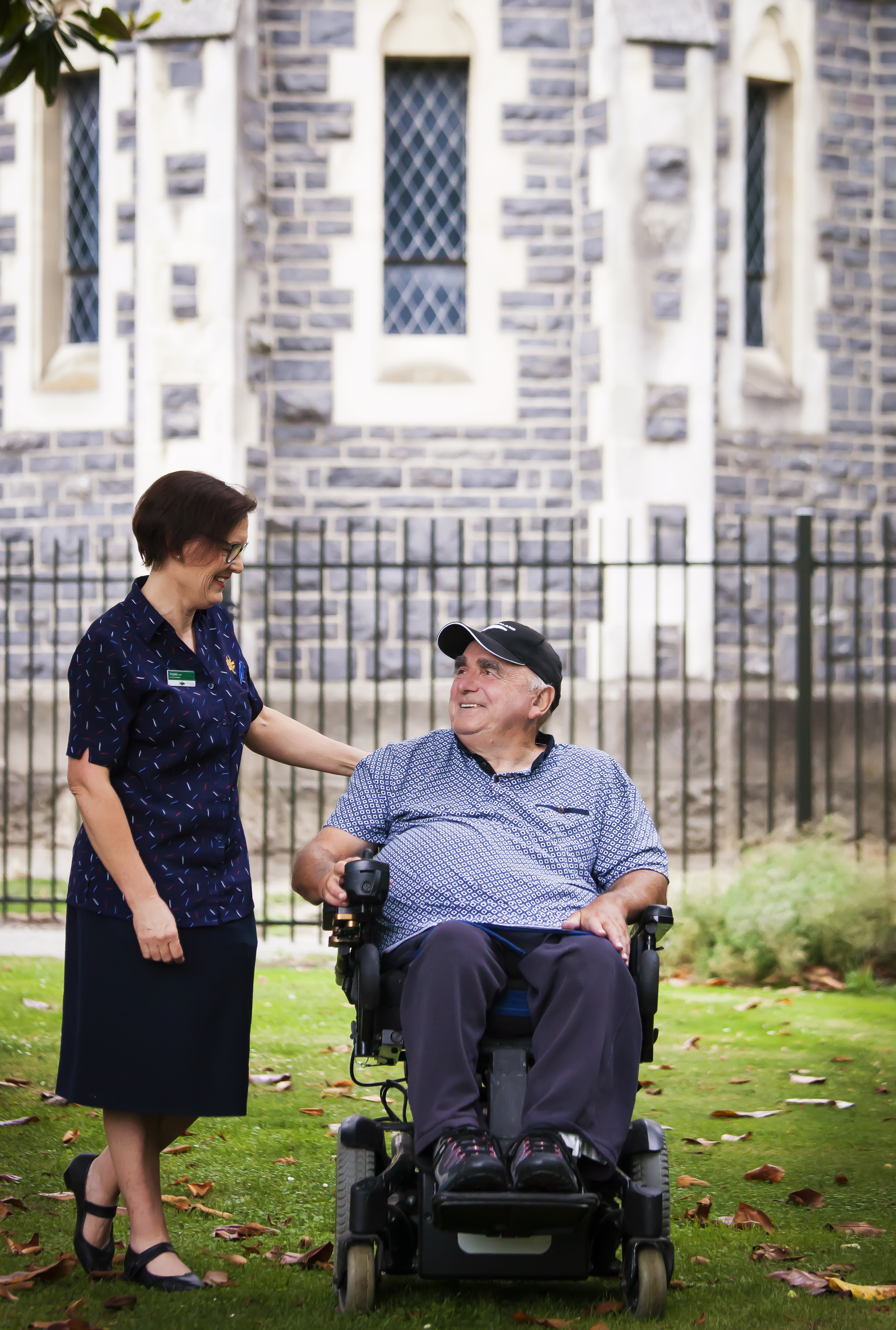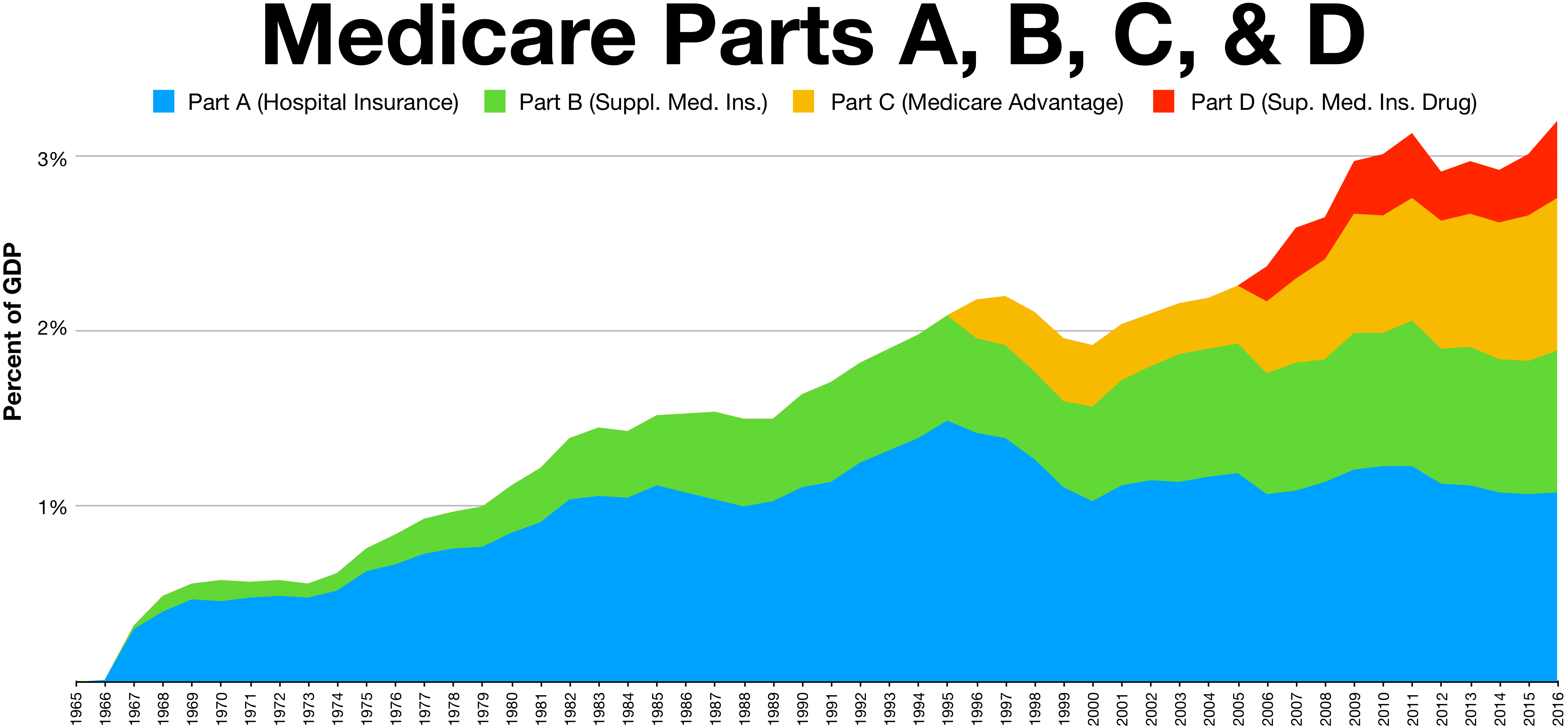|
Respite Care
__NOTOC__ Respite care is planned or emergency temporary care provided to caregivers of a child or adult. Respite programs provide planned short-term and time-limited breaks for families and other unpaid caregivers of children with a developmental delay or behavioral problems, and adults with an intellectual disability or cognitive loss in order to support and maintain the primary caregiving relationship. Respite also provides a positive experience for the person receiving care. The term "short break" is used in some countries to describe respite care. Even though many families take great joy in providing care to their loved ones so that they can remain at home, the physical, emotional and financial consequences for the family caregiver can be overwhelming without some support, such as respite. Respite provides a break for the family caregiver, which may prove beneficial to their health. Sixty percent of family caregivers age 19 to 64 recently surveyed by the Commonwealth Fund rep ... [...More Info...] [...Related Items...] OR: [Wikipedia] [Google] [Baidu] |
Caregiver
A caregiver or carer is a paid or unpaid member of a person's social network who helps them with activities of daily living. Since they have no specific professional training, they are often described as informal caregivers. Caregivers most commonly assist with impairments related to old age, disability, a disease, or a mental disorder. Typical duties of a caregiver might include taking care of someone who has a chronic illness or disease; managing medications or talking to doctors and nurses on someone's behalf; helping to bathe or dress someone who is frail or disabled; or taking care of household chores, meals, or processes both formal and informal documentation related to health for someone who cannot do these things alone. With an aging population in all developed societies, the role of caregiver has been increasingly recognized as an important one, both functionally and economically. Many organizations that provide support for persons with disabilities have developed variou ... [...More Info...] [...Related Items...] OR: [Wikipedia] [Google] [Baidu] |
Intellectual Disability
Intellectual disability (ID), also known as general learning disability in the United Kingdom and formerly mental retardation,Rosa's Law, Pub. L. 111-256124 Stat. 2643(2010). is a generalized neurodevelopmental disorder characterized by significantly impaired intellectual and adaptive functioning. It is defined by an IQ under 70, in addition to deficits in two or more adaptive behaviors that affect everyday, general living. Intellectual functions are defined under DSM-V as reasoning, problem‑solving, planning, abstract thinking, judgment, academic learning, and learning from instruction and experience, and practical understanding confirmed by both clinical assessment and standardized tests. Adaptive behavior is defined in terms of conceptual, social, and practical skills involving tasks performed by people in their everyday lives. Intellectual disability is subdivided into syndromic intellectual disability, in which intellectual deficits associated with other medical and be ... [...More Info...] [...Related Items...] OR: [Wikipedia] [Google] [Baidu] |
New South Wales Government
The Government of New South Wales, also known as the NSW Government, is the Australian state democratic administrative authority of New South Wales. It is currently held by a coalition of the Liberal Party and the National Party. The Government of New South Wales, a parliamentary constitutional monarchy, was formed in 1856 as prescribed in its Constitution, as amended from time to time. Since the Federation of Australia in 1901, New South Wales has been a state of the Commonwealth of Australia, and the Constitution of Australia regulates its relationship with the Commonwealth. Under the Australian Constitution, New South Wales, as with all states, ceded legislative and judicial supremacy to the Commonwealth, but retained powers in all matters not in conflict with the Commonwealth. Executive and judicial powers New South Wales is governed according to the principles of the Westminster system, a form of parliamentary government based on the model of the United Kingdom. Legisla ... [...More Info...] [...Related Items...] OR: [Wikipedia] [Google] [Baidu] |
Commonwealth Fund
The Commonwealth Fund is a private U.S. foundation whose stated purpose is to "promote a high-performing health care system that achieves better access, improved quality, and greater efficiency, particularly for society's most vulnerable, including low-income people, the uninsured, and people of color." It is active in a number of areas related to health care and health policy. It is led by David Blumenthal, M.D. Healthcare rankings Since 2004 it has produced reports comparing healthcare systems in high income countries using survey and administrative data from the Organisation for Economic Co-operation and Development and the World Health Organization which is analyzed under five themes: access to care, the care process, administrative efficiency, equity and health-care outcomes. The United States has been assessed as worst health-care system overall among 11 high-income countries in every report, even though it spends the highest proportion of its gross domestic product on hea ... [...More Info...] [...Related Items...] OR: [Wikipedia] [Google] [Baidu] |
Family Support
Family support is the support of families with a member with a disability, which may include a child, an adult, or even the parent in the family. In the United States, family support includes "unpaid" or "informal" support by neighbors, families, and friends, "paid services" through specialist agencies providing an array of services termed "family support services", school or parent services for special needs such as respite care, specialized child care or peer companions, or cash subsidies, tax deductions or other financial subsidies. Family support has been extended to different population groups in the US and worldwide. Family support services are currently a "community services and funding" stream in New York and the US which has had variable "application" based on disability groups, administrating agencies, and even, regulatory and legislative intent. History The late 1970s and early 1980s are considered pivotal times for the development of respite and family support services, ... [...More Info...] [...Related Items...] OR: [Wikipedia] [Google] [Baidu] |
Medicaid
Medicaid in the United States is a federal and state program that helps with healthcare costs for some people with limited income and resources. Medicaid also offers benefits not normally covered by Medicare, including nursing home care and personal care services. The main difference between the two programs is that Medicaid covers healthcare costs for people with low incomes while Medicare provides health coverage for the elderly. There are also dual health plans for people who have both Medicaid and Medicare. The Health Insurance Association of America describes Medicaid as "a government insurance program for persons of all ages whose income and resources are insufficient to pay for health care." Medicaid is the largest source of funding for medical and health-related services for people with low income in the United States, providing free health insurance to 74 million low-income and disabled people (23% of Americans) as of 2017, as well as paying for half of all U.S. births i ... [...More Info...] [...Related Items...] OR: [Wikipedia] [Google] [Baidu] |
Medicare (United States)
Medicare is a government national health insurance program in the United States, begun in 1965 under the Social Security Administration (SSA) and now administered by the Centers for Medicare and Medicaid Services (CMS). It primarily provides health insurance for Americans aged 65 and older, but also for some younger people with disability status as determined by the SSA, including people with end stage renal disease and amyotrophic lateral sclerosis (ALS or Lou Gehrig's disease). In 2018, according to the 2019 Medicare Trustees Report, Medicare provided health insurance for over 59.9 million individuals—more than 52 million people aged 65 and older and about 8 million younger people. According to annual Medicare Trustees reports and research by the government's MedPAC group, Medicare covers about half of healthcare expenses of those enrolled. Enrollees almost always cover most of the remaining costs by taking additional private insurance and/or by joining a public Part C or P ... [...More Info...] [...Related Items...] OR: [Wikipedia] [Google] [Baidu] |
Group Home
A group home, congregate living facility, or care home (the latter especially in British English and Australian English) is a residence model of medical care for those with complex health needs. Traditionally, the model has been used for children or young people who cannot live with their families or afford their own homes, people with chronic disabilities who may be adults or seniors, or people with dementia and related aged illnesses. Typically, there are no more than six residents, and there is at least one trained caregiver there 24 hours a day. In some early "model programs", a house manager, night manager, weekend activity coordinator, and four part-time skill teachers were reported. Originally, the term group home referred to homes of 8 to 16 individuals, which was a state-mandated size during deinstitutionalization. Residential nursing facilities, also included in this article, may be as large in 2015 as 100 individuals, which is no longer the case in fields such as intellec ... [...More Info...] [...Related Items...] OR: [Wikipedia] [Google] [Baidu] |
Alzheimer's Association
The Alzheimer's Association was founded by Jerome H. Stone with the help of several family members in Chicago, Illinois, and incorporated on April 10, 1980, as the Alzheimer's Disease and Related Disorders Association, Inc. It is a non-profit American volunteer health organization which focuses on care, support and research for Alzheimer's disease. The Alzheimer's Association is the largest non-profit funder of Alzheimer's disease research. The organization has chapters and communities across the nation, with its national office located in Chicago and the public policy office in Washington, D.C. Its mission is "to eliminate Alzheimer's disease through the advancement of research; to provide and enhance care and support for all affected; and to reduce the risk of dementia through the promotion of brain health." History Jerome H. Stone founded the Alzheimer's Association with the help of several family support groups after meeting with the National Institute on Aging in 1979. Stone' ... [...More Info...] [...Related Items...] OR: [Wikipedia] [Google] [Baidu] |
Caregiver Burden
Caregiver burden is the stress which is perceived by caregivers due to the home care situation. The subjective burden is considered to be one of the most important predictors of negative outcomes from the home care situation. Theory From a scientific perspective, caregiver burden is a theoretical construct. The conceptual basis for the appraisal of the care situation is the Transactional Model of Lazarus and Folkman.R. S. Lazarus, S. Folkman: ''Stress, appraisal, and coping''. Springer, New York 1984. The subjective evaluation of the care situation (stressor) by the caregivers is critical for the development and maintenance of subjective burden. According to the Transactional Model, people deal with stressful situations by appraisals of stressor and resources. The primary appraisal deals with the individual meaning of the specific stressor, which is the care situation in this case. The secondary appraisal analyzes the own abilities and resources to cope with that situation. O ... [...More Info...] [...Related Items...] OR: [Wikipedia] [Google] [Baidu] |
Caregiver Stress
Caregiver syndrome or caregiver stress is a condition that strongly manifests exhaustion, anger, rage, or guilt resulting from unrelieved caring for a chronically ill patient. This condition is not listed in the United States' ''Diagnostic and Statistical Manual of Mental Disorders,'' although the term is often used by many healthcare professionals in that country. The equivalent used in many other countries, the ICD-11, does include the condition. Over 1 in 5 Americans are providing care to those who are ill, aged, and/or disabled. Over 13 million caregivers provide care for their own children as well. Caregiver syndrome is acute when caring for an individual with behavioral difficulties, such as: fecal incontinence, memory issues, sleep problems, wandering, impulse control problems , executive dysfunction, and/or aggression. Typical symptoms of the caregiver syndrome include fatigue, insomnia and stomach complaints with the most common symptom being depression. Signs and sy ... [...More Info...] [...Related Items...] OR: [Wikipedia] [Google] [Baidu] |
Respite Care In The United States
In the United States there are approximately 50 million people who are caring at home for family members including elderly parents, and spouses and children with disabilities and/or chronic illnesses. Without this home-care, most of these cared for would require permanent placement in institutions or health care facilities. Respite care An estimated 50 million family caregivers nationwide provide at least $306 billion in uncompensated services—an amount comparable to Medicare spending in 2004 and more than twice what is spent nationwide on nursing homes and paid home care combined. Family caregivers may suffer from physical, emotional, and financial problems that impede their ability to give care now and support their own care needs in the future. Without attention to their needs, their ability to continue providing care may well be jeopardized. Respite care is one of the services that Alzheimer's caregivers say they need most. One study found that if respite care delays instituti ... [...More Info...] [...Related Items...] OR: [Wikipedia] [Google] [Baidu] |




